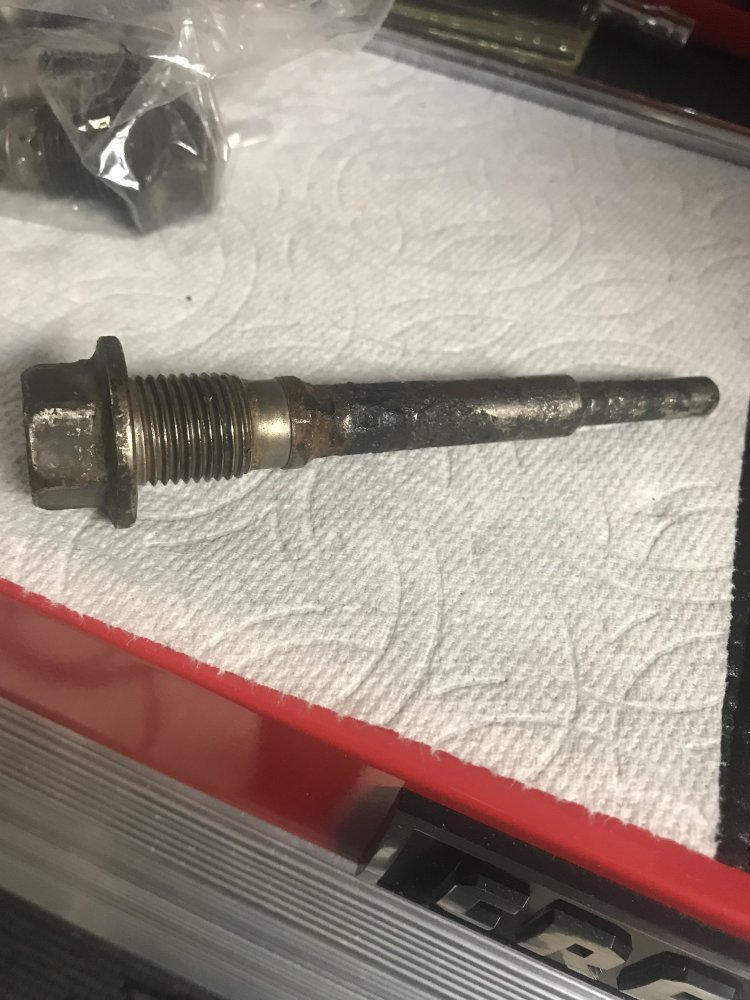Blesna
New Member
- Messages
- 3
- Reaction score
- 8
I know the question has an obvious answer, at a certain point in the braking cycle. But I'm wondering if the bad sensors were suppressing them more than I knew.
I'm asking because, in the process of replacing bad front ABS sensors, I noticed that the rotors looked as though the pads were not coming in complete contact, and the pads had hardly any wear on them. I replaced all front pads/rotors/calipers about 4 1/2 years ago (about 30k miles), but they have surprisingly less wear than I thought they would (only weathering on the rotors).
I've definitely been experiencing the brake pedal fade at slow speeds, esp. just prior to stopping, but I've never really felt like the brakes were doing a great job in general. Now I'm wondering if the ABS was engaging more than I thought?
I'm asking because, in the process of replacing bad front ABS sensors, I noticed that the rotors looked as though the pads were not coming in complete contact, and the pads had hardly any wear on them. I replaced all front pads/rotors/calipers about 4 1/2 years ago (about 30k miles), but they have surprisingly less wear than I thought they would (only weathering on the rotors).
I've definitely been experiencing the brake pedal fade at slow speeds, esp. just prior to stopping, but I've never really felt like the brakes were doing a great job in general. Now I'm wondering if the ABS was engaging more than I thought?

